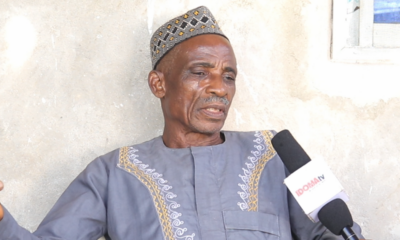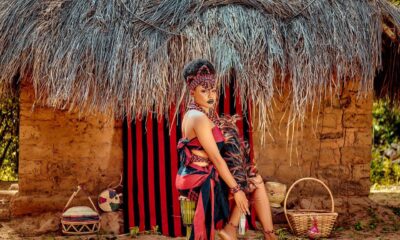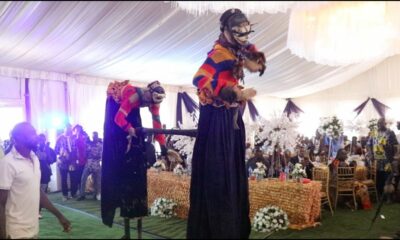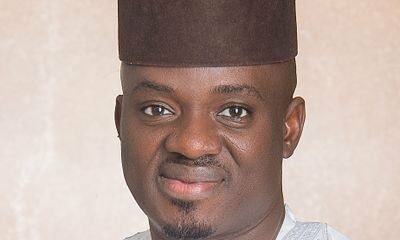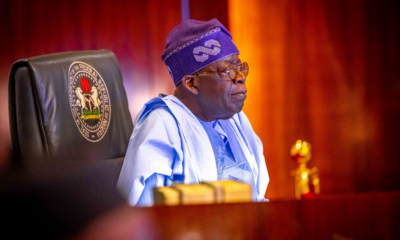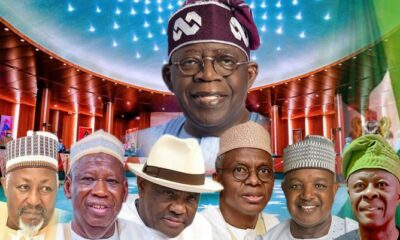idoma news
[EDITORIAL] Mourning the exclusion of Idoma people from the ministerial list
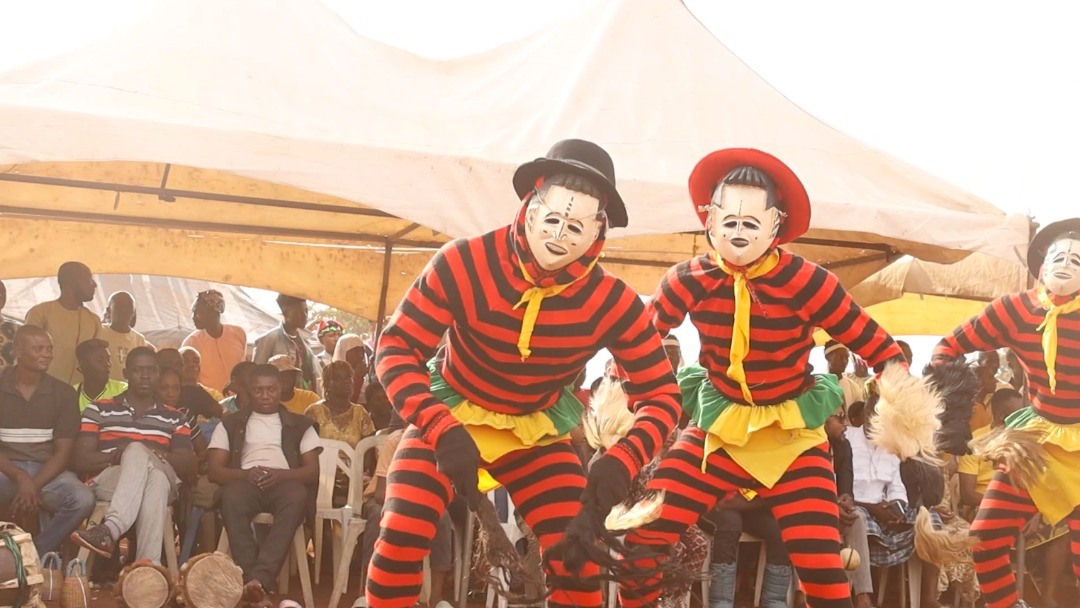
The recent unveiling of President Bola Tinubu’s ministerial nominees has sparked a wave of disappointment and grief among the Idoma people of Benue State.
As the names were read out by Senate President Godswill Akpabio, the hopes and aspirations of the Idoma community were dealt a crushing blow, as not a single nominee from their region was included in the list. The exclusion of the Idoma people has left many questioning their representation and position in the country’s political landscape.
For the Idoma community, this exclusion is not just a matter of missing out on ministerial positions; it goes much deeper. It is a reflection of their long-standing struggle for equitable representation and fair treatment in the Nigerian political sphere. Despite being one of the largest ethnic groups in Benue State and contributing significantly to the state’s social, cultural, and economic fabric, their voices seem to be drowned out, and their concerns largely ignored.
The disappointment felt by the Idoma people is compounded by the fact that they have produced prominent and distinguished leaders who have made significant contributions to the development of the nation. One such figure is Distinguished Senator David Mark, a former Senate President of Nigeria, who served with distinction for many years. Senator Mark’s dedication and commitment to public service have earned him the respect and admiration of people across party lines. However, his absence from the ministerial list has left a void in the Idoma community’s representation.
The exclusion of the Idoma people from the ministerial list also raises questions about the principles of fairness and inclusivity in the nation’s governance. As a country that prides itself on diversity and multiculturalism, it is essential to ensure that all regions and ethnic groups are adequately represented in key decision-making positions. Failing to do so not only perpetuates feelings of marginalization but also undermines the unity and stability of the nation.
In moments like these, the leaders of the Idoma community are faced with the difficult task of comforting their people and providing reassurance that their voices will be heard and their concerns addressed. It is a time for unity and solidarity among the Idoma people, as they seek ways to engage constructively with the government and advocate for their rightful place in the political process.
Furthermore, this exclusion should serve as a wake-up call for all Nigerians to reflect on the need for genuine inclusivity and equitable representation in the country’s governance. Every ethnic group and region should feel that they have a stake in the nation’s future and that their contributions are valued and recognized.
Moving forward, it is imperative for the government to demonstrate a commitment to addressing the concerns of the Idoma people and other marginalized communities. By fostering an environment of dialogue and open engagement, the government can bridge the gap between different ethnic groups and work towards building a more united and prosperous Nigeria.
In conclusion, the exclusion of the Idoma people from the ministerial list is a cause for mourning, not only for the Idoma community but for all Nigerians who value fairness and inclusivity.
It is a stark reminder of the importance of ensuring that every region and ethnic group is adequately represented in the country’s political landscape. As the nation moves forward, it is essential to heed the call for unity, dialogue, and equitable representation, laying the foundation for a stronger and more cohesive Nigeria.


